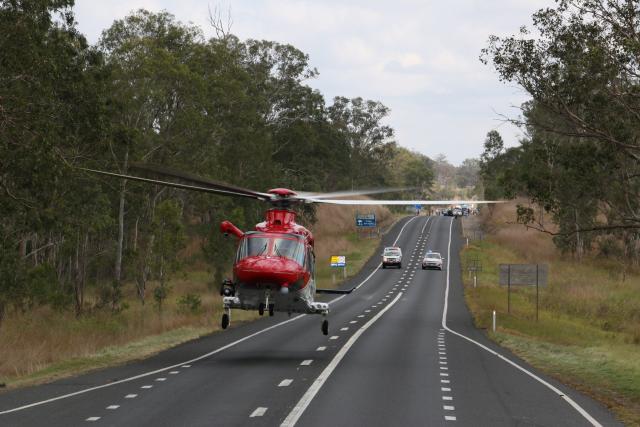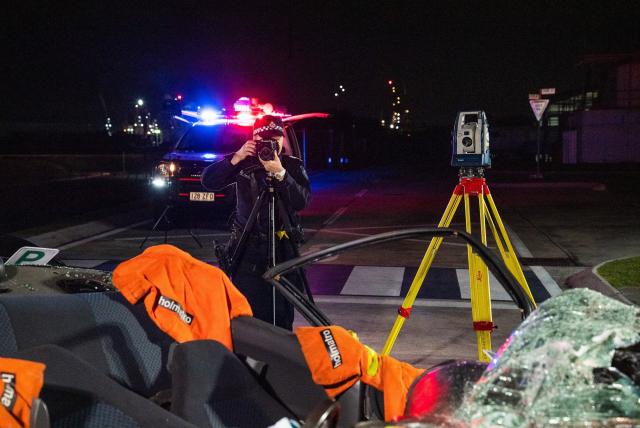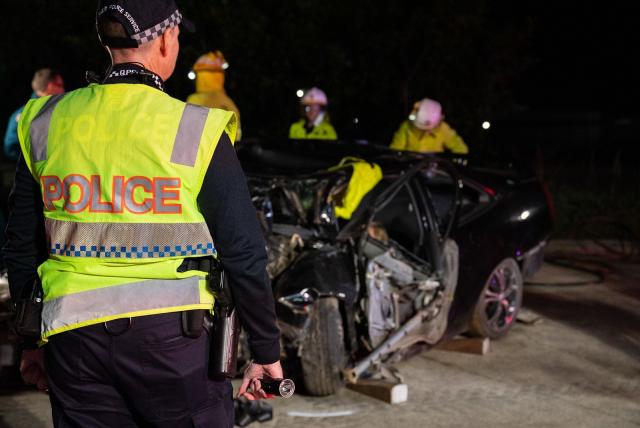During National Road Safety Week, Sunshine Coast police shared a first-hand insight into road trauma and the true impact it has on the first response police officer.
The Sunshine Coast has seen too many fatalities this year and police are persistently trying to educate drivers to adhere to the road rules and make road safety their responsibility.
An officer attending their first fatal traffic crash may find it very confronting and something they may never forget.
It has an impact on themselves and on the victim’s family and friends.
Police arrive at the scene and exit their vehicle, blinded by a sea of flashing red and blue lights.
There is little time to make sense of the chaos unfolding in front of their eyes.
Adrenaline starts to take over and police switch to investigation mode which is nothing short of amazing when confronted with such carnage.
Police examine the circumstances unfolding around them and need to render the scene safe, for themselves, other emergency crews and other people involved.
Officers render first aid to the injured if other medical personnel have not arrived at the scene, and speak with witnesses to get an understanding as to what has happened.
A situational report will be given to the police communications centre which needs to be clear and concise to give potential responders an understanding of the situation.
These reports involve the exact location of the incident, type of crash, accessibility of the site, any extra crews needed, whether there are hazards or spillages, the number of injured people, whether they are trapped and special equipment required.
The specialist investigative officer from the Forensic Crash Unit has arrived at the scene.
These investigators are crucial to the investigation and are highly trained to determine the events leading up to the cause of the crash and to help the family find closure.
The first response officer returns to the station and completes the administration procedures and the process of attempting to comprehend what just happened starts, the mind and body exhausted.
Some motorists have the attitude that this will not happen to them.
Poor decisions such as not wearing a seat belt, answering your phone, one last drink, or driving through a red light may result in devastating consequences.
This can happen doing an everyday task such as driving to work or dropping the kids off at school.
To avoid having an incident on the roads, avoid the Fatal Five factors of speeding, fatigue, drug/drink driving, distractions and not wearing your seat belt.










